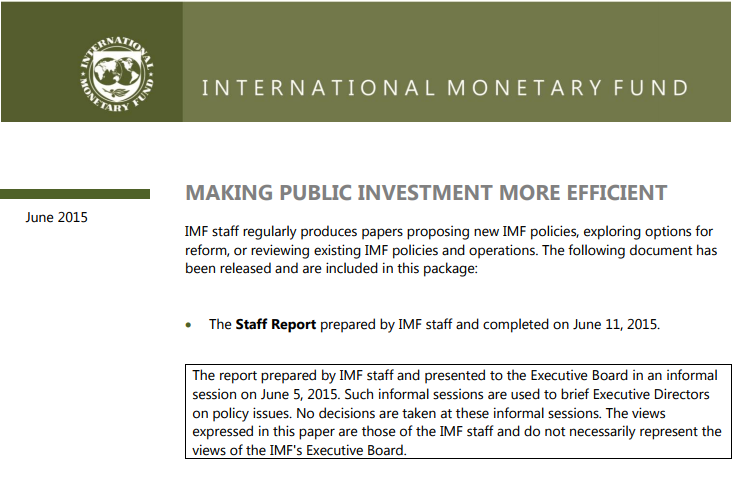1740 results found
Featured results



More results
The Environmental Performance Index (IDA) is an instrument for monitoring and controlling environmental management in port facilities.

This note seeks to identify a research agenda for addressing the main gaps in information for understanding the drivers and impediments of long-term investment and related financing.

The Decision Tree Framework is a robust decision scaling approach from the World Bank that provides resource-limited project planners and program managers with a cost-effective and effort-efficient, scientifically defensible, repeatable, and clear method for demonstrating the robustness of a project to climate change.

This paper studies the joint decision to invest in such infrastructure, and retrofit it later, given that future climate damages are uncertain and follow a geometric Brownian motion process with positive drift.

Lowline is a project to transform an abandoned trolley (tram) terminal on the Lower East Side of Manhattan into the world?s first underground park
This report presents the water and climate adaptation plan (WATCAP) developed for the Sava river basin (SRB), the report covers climate impacts in the Sava river basin, an economic evaluation of the SRB and Hydrologic Modeling of SRB.

The study provides a qualitative and quantitative analysis of the employment impact EIB projects in four Mediterranean partner countries.

The World Bank's initiatives of social accountability and transparency over the past two decades are increasingly founded on the notion that transparency and social accountability of public institutions are essential for stimulating economic growth.

This guide provides a high-level overview of each assurance process for infrastructure projects in the Commonwealth.


This paper finds that better Public Investment Management enhances public infrastructure quality and economic growth, and pinpoints key institutional reforms needs to boost public investment efficiency and productivity.


The FCCL Framework was prepared in assistance with the World Bank under the IFPPP project and it comprises FCCL guidelines and the FCCL technical manual.

This report outlines the guidance and recommendations concerning the reform proposals of state owned enterprises operating in the field of water supply and urban sanitation as well as providing guidance/recommendations concerning economic management options for service providers in Vietnam.

The purpose of the Guidelines is to establish the types of socioeconomic evaluations that will be applicable to the investment programs and projects considered by the dependencies and entities of the Federal Public Administration.

The PPP Center Manual of Operations is a guidebook that provides the guidelines for effective performance and completion of core tasks and responsibilities of the PPP Center.

This publication outlines options for the financing and implementation of a systematic infrastructure action plan for the Seychelles.

The review consisted of a detailed assessment of the current institutional set-up, including roles and responsibilities for EE in Turkey, along with a comparison with international experience and best practices. A final set of institutional options and recommendations are provided at the end of the report.

The Decision Tree Framework is a robust decision scaling approach from the World Bank that provides resource-limited project planners and program managers with a cost-effective and effort-efficient, scientifically defensible, repeatable, and clear method for demonstrating the robustness of a project to climate change.

These guidelines, circulated by the MoF in April 2015, promote the orderly implementation of PPP projects by guaranteeing effective performance of contractual obligations by the government, and effectively preventing and controlling fiscal risks.

This guide outlines five steps in the context of achieving a knowledge exchange, (i) Anchor the knowledge exchange, (ii) Define the knowledge exchange, (iii) Design and develop the knowledge exchange, (iv) Implement the knowledge exchange, (v) report the results. Case studies from South America and Africa are discussed with reference to this guide. This is the second edition of the document updated in 2015.

This guide outlines five steps in the context of achieving a knowledge exchange, (i) Anchor the knowledge exchange, (ii) Define the knowledge exchange, (iii) Design and develop the knowledge exchange, (iv) Implement the knowledge exchange, (v) report the results. Case studies from South America and Africa are discussed with reference to this guide. This is the second edition of the document updated in 2015.






